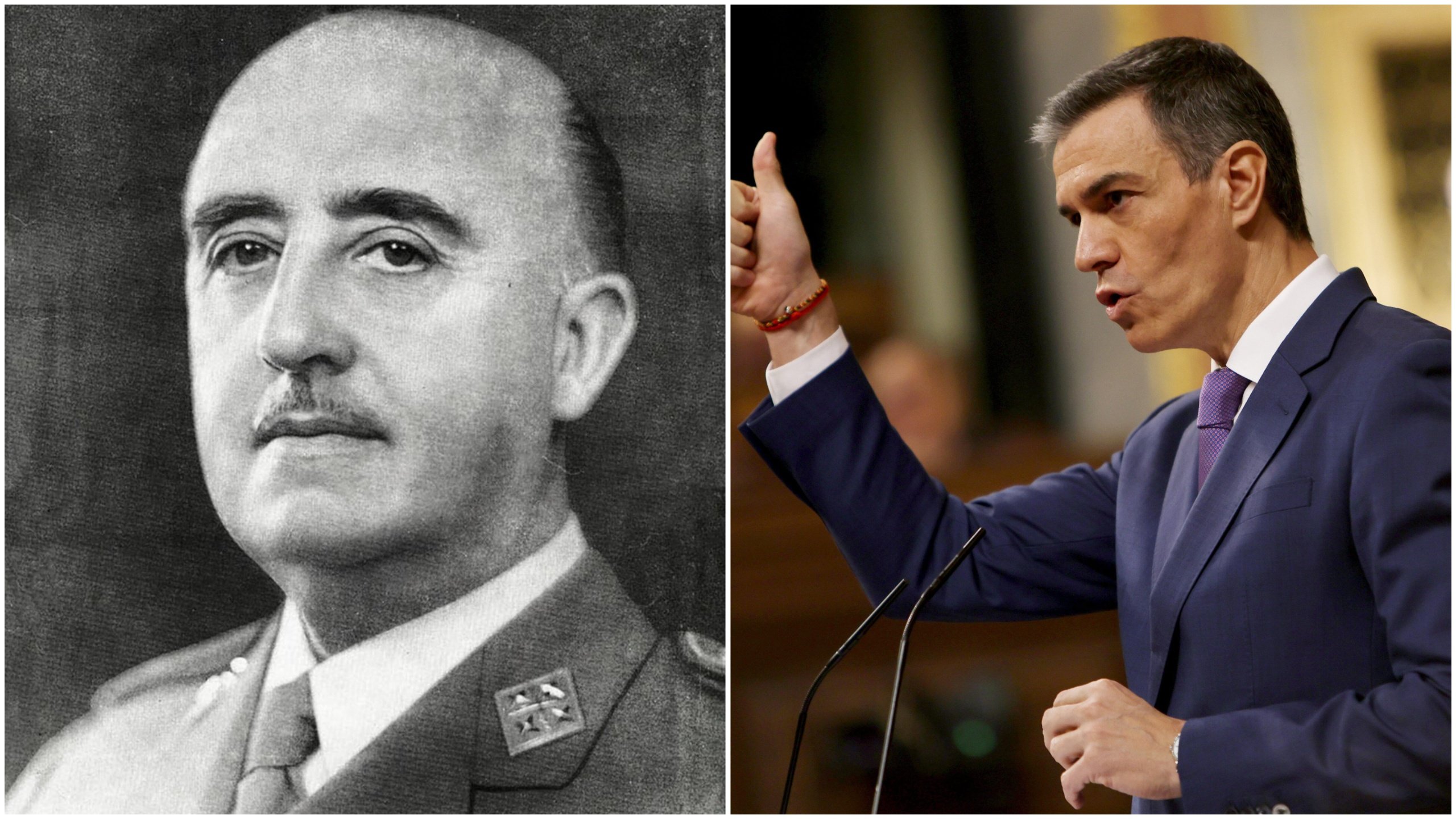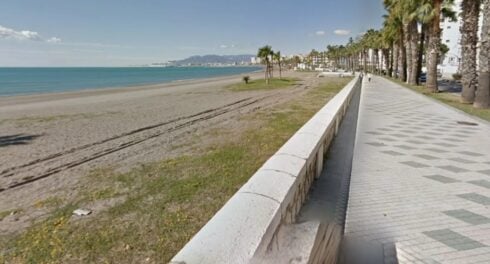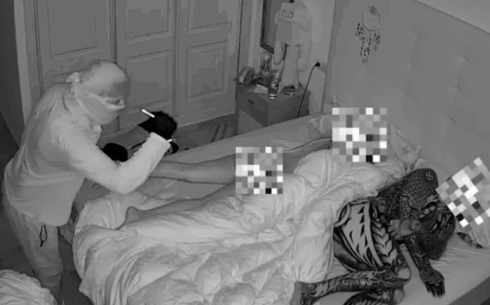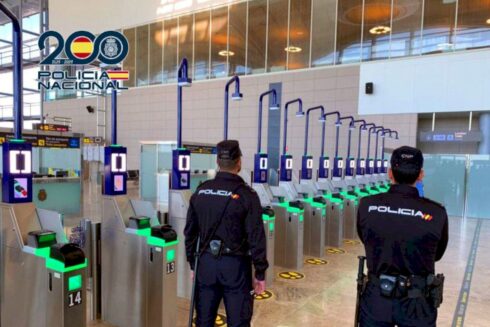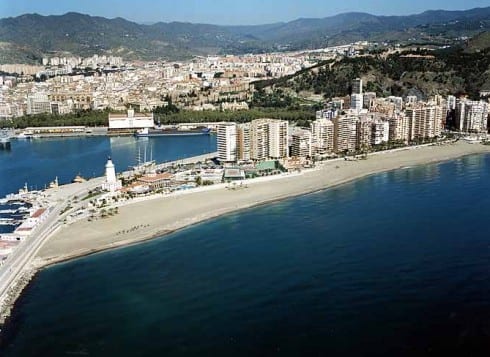THE secrets of the Franco dictatorship will soon be brought to light as Spain’s government pushes ahead with long-delayed reforms to the Official Secrets Law.
Fulfilling a promise made by prime minister Pedro Sanchez to current president of the Basque Nationalist Party (PNV), Aitor Esteban, in his final session as an MP earlier this year, a proposed law will lift censorship on all files labelled as ‘top secret’.
The draft bill, put forward by the Council of Ministers, would apply on all documents classified prior to 1981, which includes the fascist dictatorship of General Franco (1939-1975) and the transition to democracy (1975-1982).
Under the legislation, files labelled as ‘top secret’ would be made public after 45 years, ‘with the possibility of an exceptional and justified extension for a further 15 years’.
‘Secret’ documents would be automatically released after a maximum of 45 years, ‘confidential’ texts after between seven and nine years, and ‘restricted’ files after between four and five years.
The measure, which will modernise Spain’s secrecy laws in line with European Union and NATO standards, will help to shine a light on human rights abuses carried out during the Franco era.
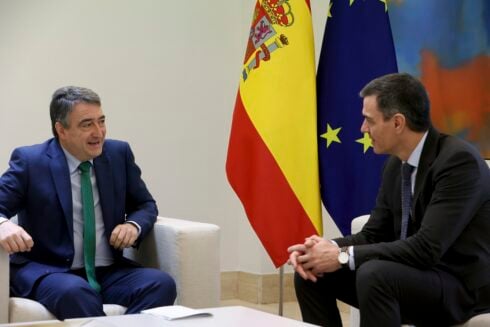
Under the Franco dictatorship, Spain experienced widespread censorship and repression.
The regime tightly controlled the press, literature, film and education, banning dissenting views and promoting its fusion of nationalist, Catholic and fascist ideology.
Political opponents, including Republicans, communists, anarchists and regional nationalists, were persecuted, with many imprisoned, executed or forced into exile.
Transparency over abuses during the Franco era was further complicated by the subsequent transition to democracy, widely considered to have lasted until 1982 and the election of socialist Felipe Gonzalez as Spain’s prime minister.
During that time, politics was guided by the so-called pacto del olvido (‘pact of forgetting’), a nationwide consensus that sought to bury a lid on past atrocities in order to heal deep national wounds.
Three years ago, the government attempted to reverse that process of collective amnesia by approving the Democratic Memory Law, which intended to bring ‘justice, reparation and dignity’ to the victims of Franco’s dictatorship by introducing a national DNA database to identify thousands of remains in unmarked graves, banning groups that glorify Franco’s regime, and repurposing the highly controversial Valley of the Fallen basilica.
Now, the socialist-led government of Pedro Sanchez is pushing ahead with fresh reforms.
Previously, individuals wanting to unearth files had to request declassification on a case-by-case basis, accompanied by a detailed justification.
Successive governments have also been reluctant to implement reforms, complaining that declassifying documents would represent a massive bureaucratic task.
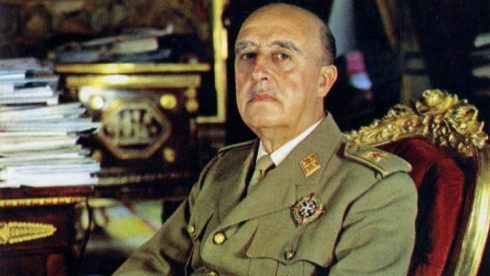
But now declassification is the default, and any exception must be justified.
Priority will be given to information related to ‘serious human rights violations’, with extensions to censorship only granted if ‘it is reasonably and exceptionally deemed that the threat or harm to national security and defence persists’.
Declassification of documents will come under the responsibility of a new authority under the Ministry of the Presidency, headed by Felix Bolaños, rather than the Ministry of Defence.
But those who break the rules could be whacked with huge penalties.
As part of the legislation, individuals who disseminate or reproduce information classified as ‘top secret’ or ‘secret’ could be forced to cough up between €800,000 and €2.5 million in fines.
The law could even harm journalists, with fines applying to ‘any natural or legal person with regard to the improper access and discourse of classified information’ – although ‘the exercise of the right to freedom of information’ will be taken into account as a mitigating circumstance.
Once given the green light by the Council of Ministers, the bill will head to Congress where it will be subject to parliamentary debate and amendments.
A vote will then take place in Congress, before the law heads to the Senate to be approved, amended, or even vetoed.
If passed, the King will then give the bill royal assent and sign it into law.
Click here to read more Politics News from The Olive Press.

